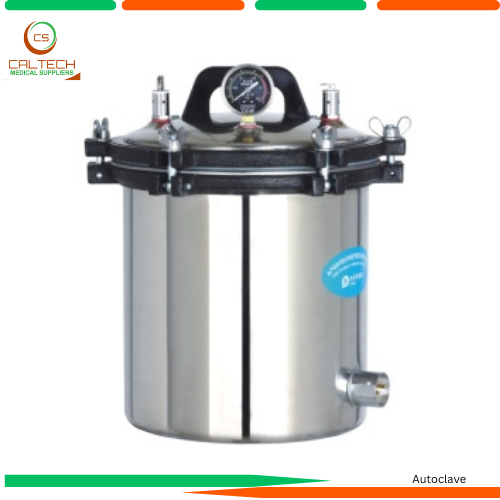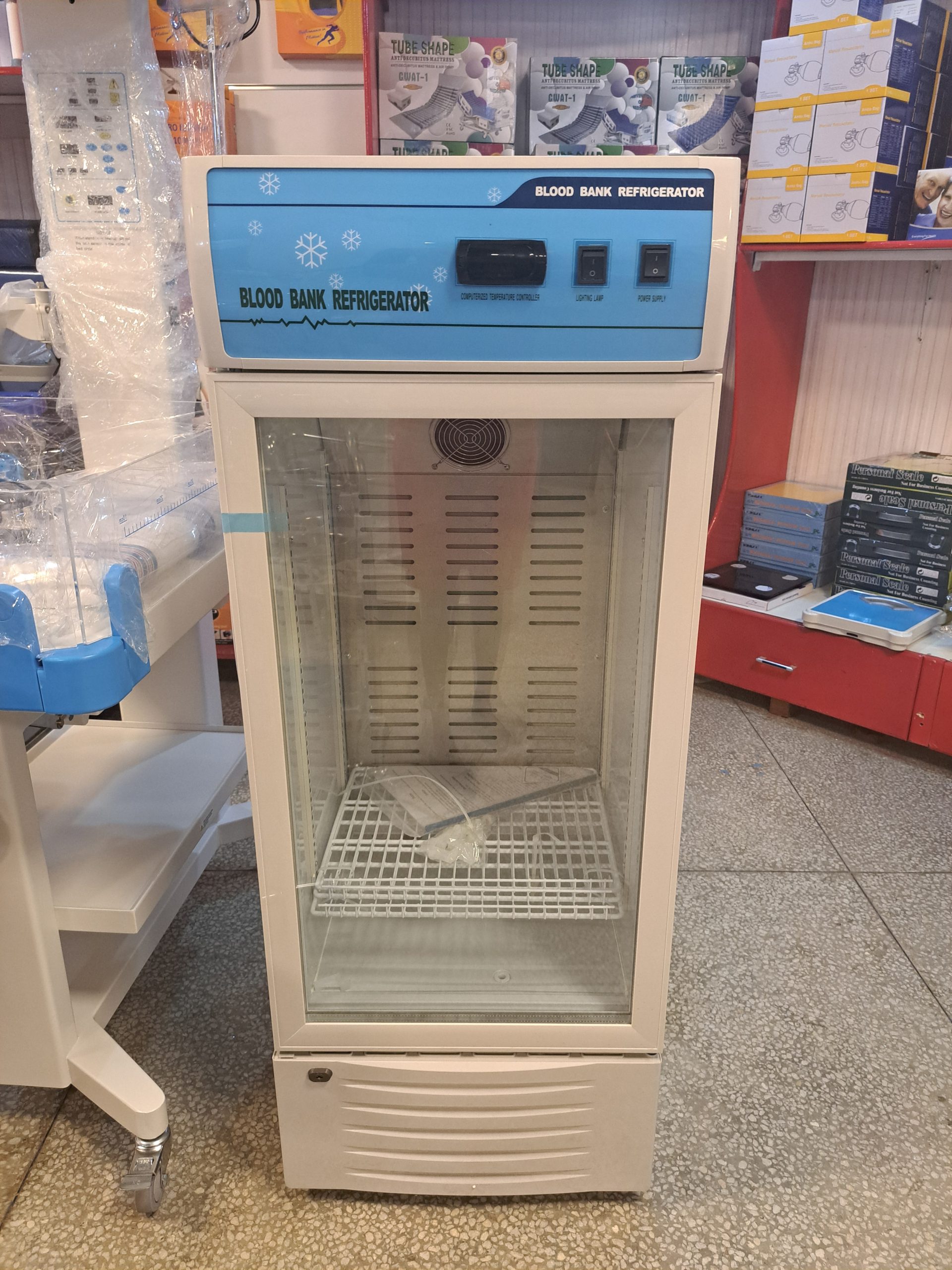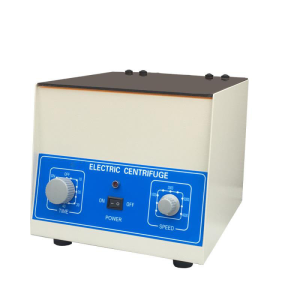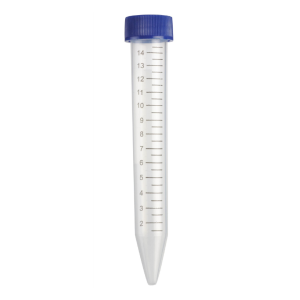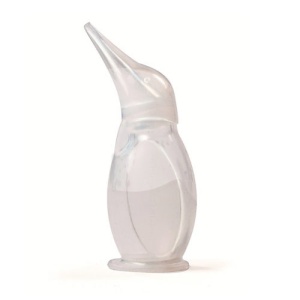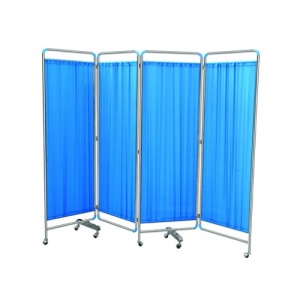Description
Autoclaves use steam heat to kill any microbial life that may be present on a contaminated load. considered sterile once it has undergone a full sterilization cycle. Once a load is sterile, it can be used without fear of introducing foreign microorganisms into a sensitive environment, such as a laboratory, hospital operating room, food production facility, and so on.
In order to kill a cell with heat, its temperature must be raised to a degree at which the proteins in the cell wall break down and coagulate. Steam is a very efficient medium for heat transference, which makes it an excellent way to destroy microbes. Air, on the other hand, is a very inefficient way to transfer heat/energy because of a concept known as the heat of vaporization.
That energy is what makes steam so much more efficient at destroying microorganisms. When steam encounters a cooler object, it condenses into water. Then, it transfers all of the energy that was used to boil the water directly into the water. This process heats up the cells far more efficiently than air at similar temperatures. This is why we use steam to achieve sterility.
Sterilization cycle
1. Purge Phase: Steam flows through the sterilizer and starts to displace the air; temperature and pressure ramp slightly to a continuous flow purge.
2. Exposure (Sterilization) Phase: During this phase, the autoclave’s control system is programmed to close the exhaust valve, thereby causing the interior temperature and pressure to increase to the desired setpoint. The program then maintains the desired temperature (dwells) until the desired time is reached.
3. Exhaust Phase: Pressure is released from the chamber through an exhaust valve and the interior is restored to an ambient pressure (though contents remain relatively hot).

